Is breaking up Scotland Yard the answer to its problems?
Reforming Metropolitan Police likened to ‘turning the Titanic’ as the force faces scandals fallout
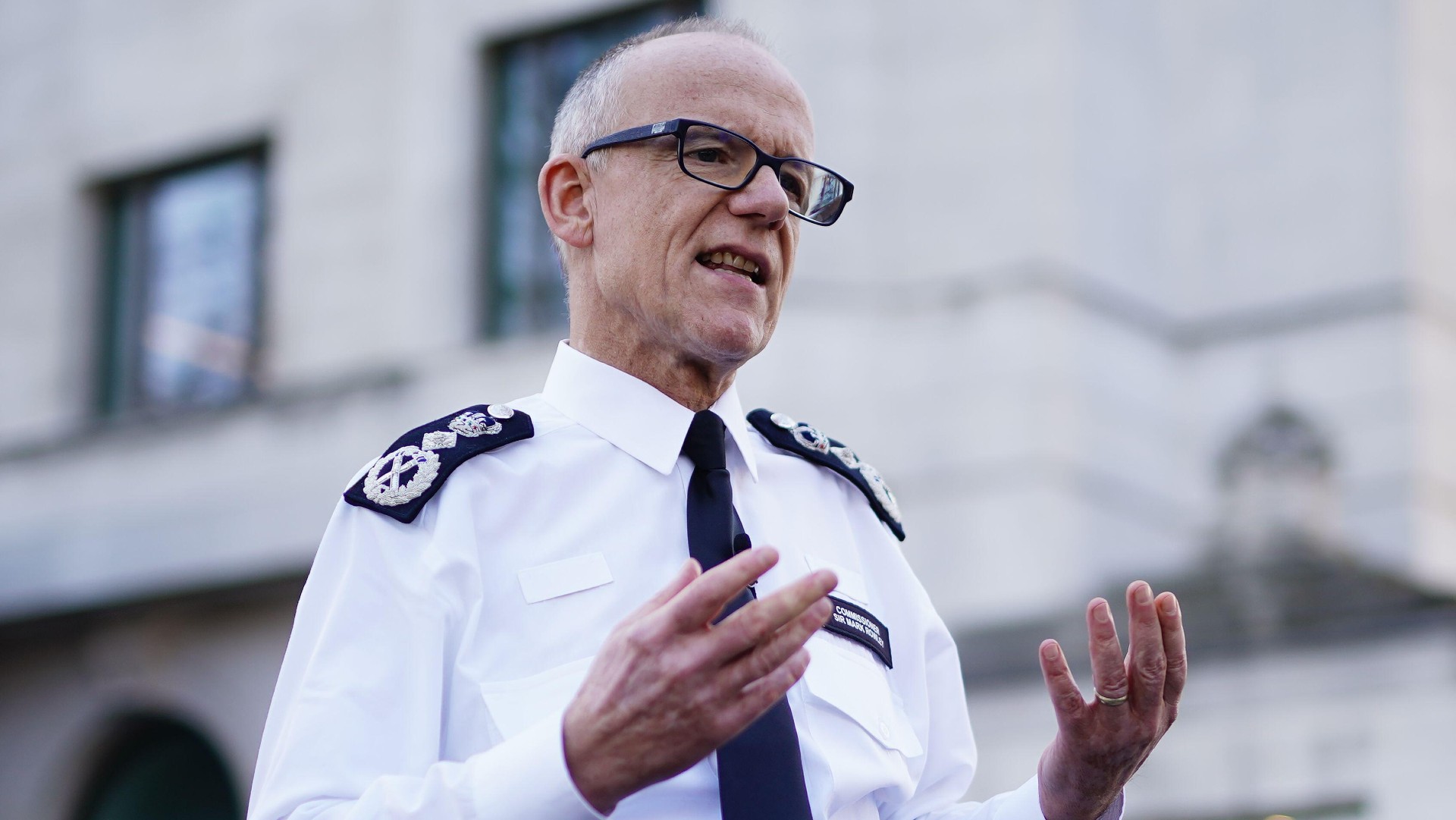
A free daily email with the biggest news stories of the day – and the best features from TheWeek.com
You are now subscribed
Your newsletter sign-up was successful
A review of the Metropolitan Police commissioned after the murder of Sarah Everard represents “do or die” for Britain’s biggest police force, Whitehall sources have warned.
The “excoriating” 300-page report by Baroness Casey of Blackstock will expose “institutional problems of sexism, racism and homophobia” when it is published tomorrow, said The Times.
According to the paper, Whitehall insiders said Casey would call for a new oversight board to monitor how the Met implements her recommendations, leaving the path clear for “more radical reform, including structural changes, if a drastic overhaul did not occur”. And if the London force does not reform its “toxic culture”, it reportedly “faces being broken up”.
The Week
Escape your echo chamber. Get the facts behind the news, plus analysis from multiple perspectives.

Sign up for The Week's Free Newsletters
From our morning news briefing to a weekly Good News Newsletter, get the best of The Week delivered directly to your inbox.
From our morning news briefing to a weekly Good News Newsletter, get the best of The Week delivered directly to your inbox.
No ‘God-given right’
“The prospect of knocking down an institution which is almost 200 years old may not command widespread support in Whitehall or at New Scotland Yard,” said Danny Shaw, the former home affairs correspondent for the BBC, in The Spectator.
But it is a “possible pathway out of this depressing cycle” of scandals that has hit the Met, including the killing of Everard by serving officer Wayne Couzens and the crimes of serial rapist officer David Carrick. A “structural overhaul”, said Shaw, could help “create a new service with a fresh identity, ethos and mission, focused on the capital, and a separate body responsible for national counter-terrorism and security”.
The leader of Britain’s police chiefs is also backing calls for reform, arguing that an organisation like Scotland Yard has no “God-given right to continue existing as it does”. Martin Hewitt, the outgoing chair of the National Police Chiefs’ Council, told The Guardian that “you can’t police where there is no legitimacy from the public”.
But Hewitt, a former Met assistant commissioner, said the London force’s new chief, Mark Rowley, should be given the opportunity to deliver on his promises to restore public trust and improve policing standards.
A free daily email with the biggest news stories of the day – and the best features from TheWeek.com
‘Trying to turn the Titanic’
Reforming the Met is like “trying to turn the Titanic” for Rowley and will take too long, said Donna Jones, the police and crime commissioner for Hampshire and the Isle of Wight. The London force is “enormous”, similar to “the size of five average-sized police forces across England and Wales”, she told BBC Radio 5 Live. Change needs to happen sooner rather than later “because we cannot have any more situations like David Carrick coming forward”, said Jones, who is among those calling for the force to be broken up.
The Met is “just too big and the toxic culture is too deeply set into its foundations”, agreed Dr John Fox, a senior lecturer at the University of Portsmouth’s School of Criminology and Criminal Justice. “Rather than tinker with the branches, perhaps the root needs to be dug up, thoughtfully divided and transplanted,” he wrote in an article published last month on Police Professional.
Fox suggested a “single force south of the Thames and an east-west split in the north”, or for the existing suburban forces surrounding London to absorb their nearest outer London boroughs.
“In the face of so much damage being done to public confidence,” he added, the current force structure “should not be considered sacrosanct or immune to full-scale reform”.
Hollie Clemence is the UK executive editor. She joined the team in 2011 and spent six years as news editor for the site, during which time the country had three general elections, a Brexit referendum, a Covid pandemic and a new generation of British royals. Before that, she was a reporter for IHS Jane’s Police Review, and travelled the country interviewing police chiefs, politicians and rank-and-file officers, occasionally from the back of a helicopter or police van. She has a master’s in magazine journalism from City University, London, and has written for publications and websites including TheTimes.co.uk and Police Oracle.
-
 Local elections 2026: where are they and who is expected to win?
Local elections 2026: where are they and who is expected to win?The Explainer Labour is braced for heavy losses and U-turn on postponing some council elections hasn’t helped the party’s prospects
-
 6 of the world’s most accessible destinations
6 of the world’s most accessible destinationsThe Week Recommends Experience all of Berlin, Singapore and Sydney
-
 How the FCC’s ‘equal time’ rule works
How the FCC’s ‘equal time’ rule worksIn the Spotlight The law is at the heart of the Colbert-CBS conflict
-
 How the ‘British FBI’ will work
How the ‘British FBI’ will workThe Explainer New National Police Service to focus on fighting terrorism, fraud and organised crime, freeing up local forces to tackle everyday offences
-
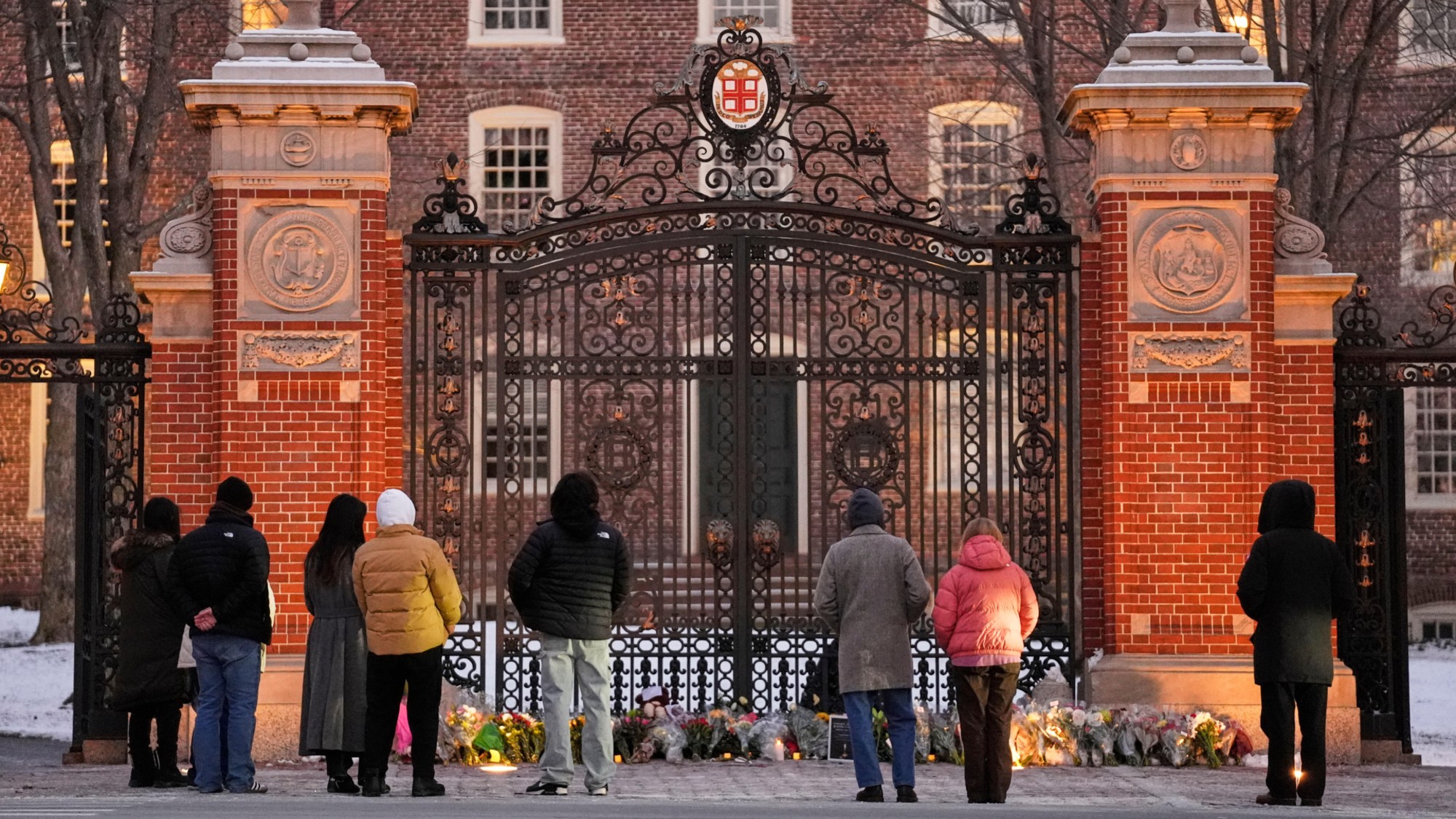 Campus security is under scrutiny again after the Brown shooting
Campus security is under scrutiny again after the Brown shootingTalking Points Questions surround a federal law called the Clery Act
-
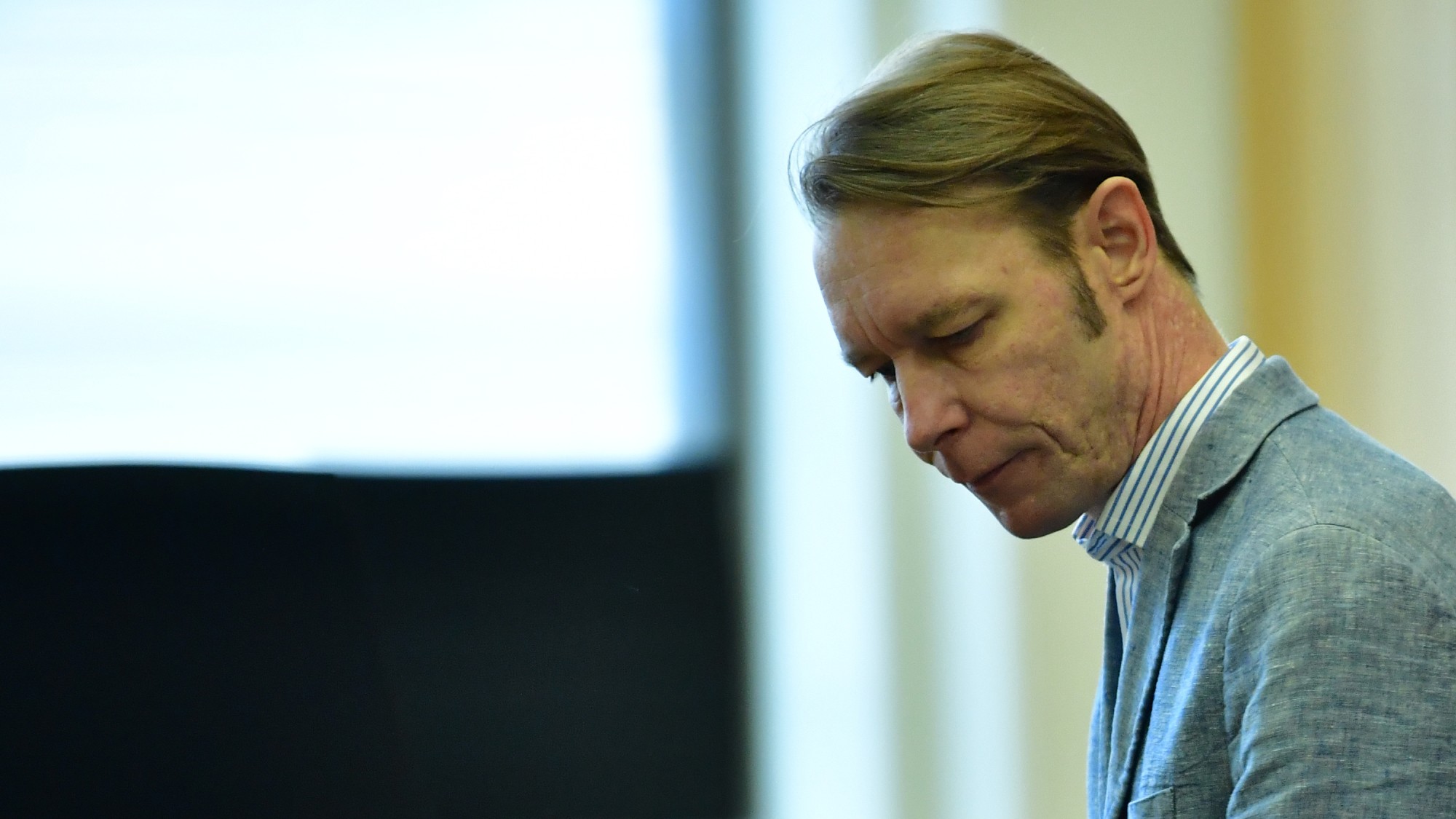 Christian Brückner: why prime suspect in Madeleine McCann case can refuse Met interview
Christian Brückner: why prime suspect in Madeleine McCann case can refuse Met interviewThe Explainer International letter of request rejected by 49-year-old convicted rapist as he prepares to walk free
-
 What to do if your phone is stolen
What to do if your phone is stolenThe Explainer An average of 180 phones is stolen every day in London, the 'phone-snatching capital of Europe'
-
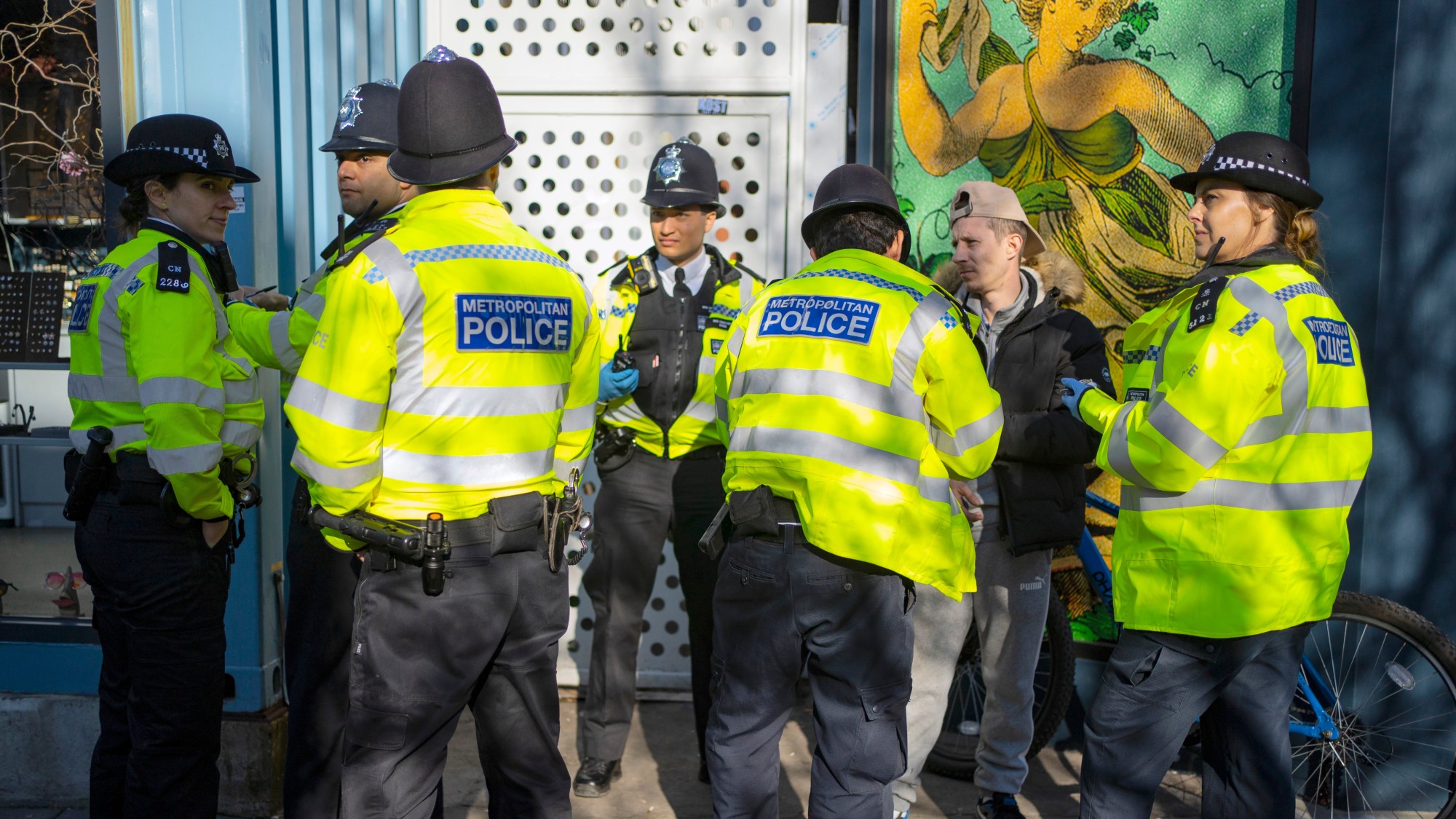 The Met police's stop and search overhaul
The Met police's stop and search overhaulThe Explainer More than 8,500 Londoners have helped put together a new charter for the controversial practice
-
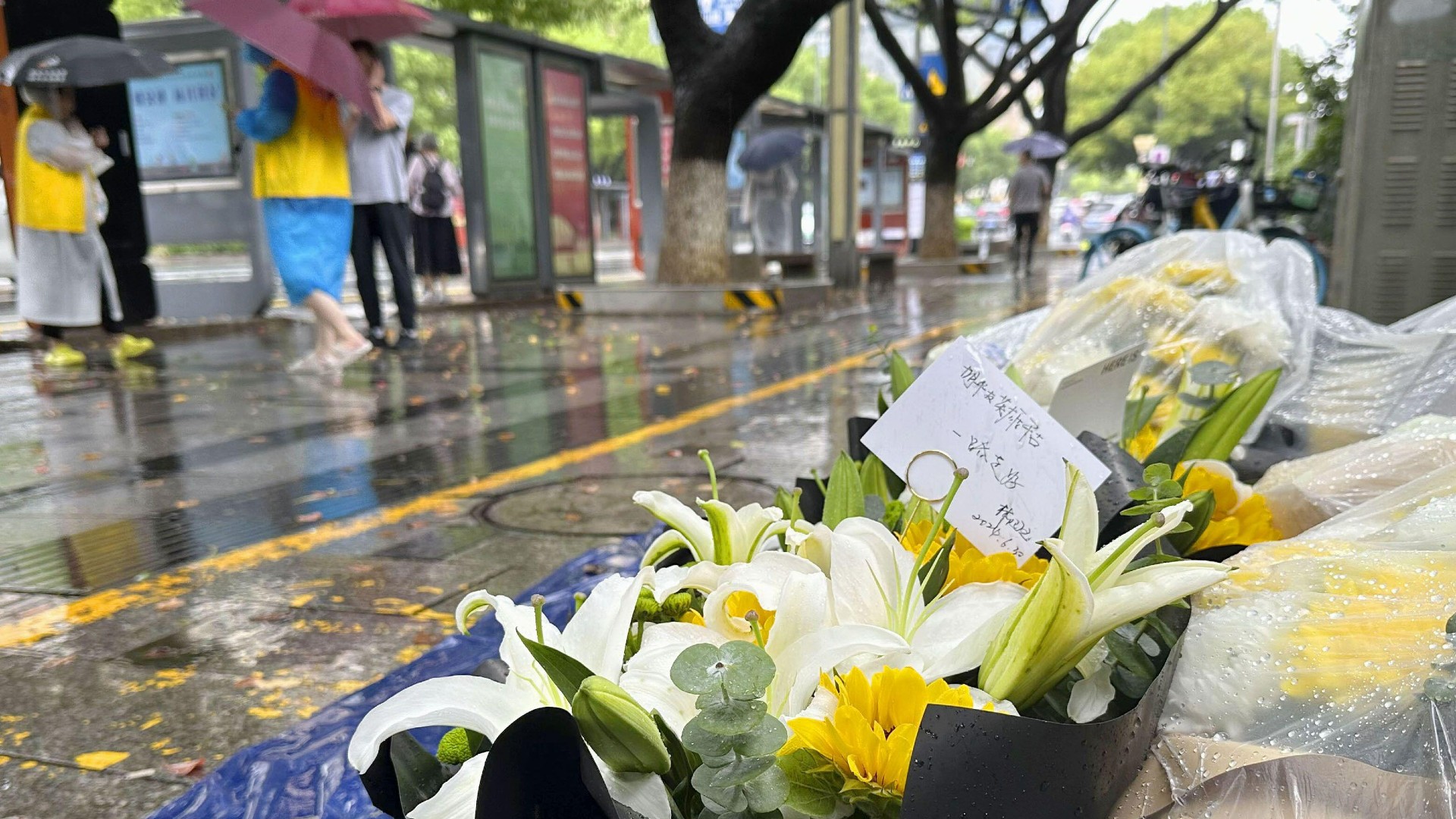 A bus stop tragedy and China's anti-Japanese rhetoric
A bus stop tragedy and China's anti-Japanese rhetoricTalking Point Suzhou attack described as the product of 'decades of hate education'
-
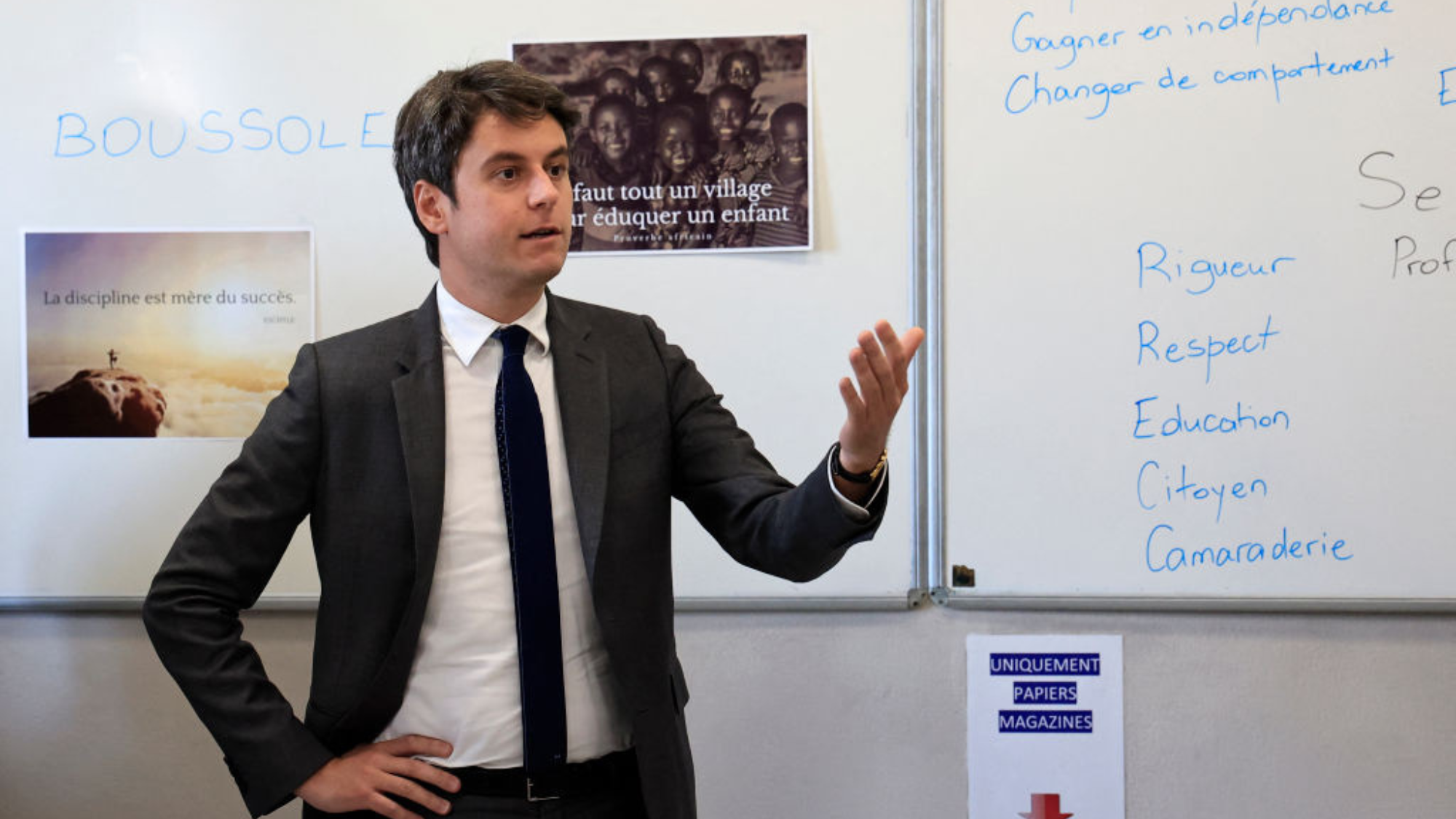 French schools and the scourge of teenage violence
French schools and the scourge of teenage violenceTalking Point Gabriel Attal announces 'bold' intervention to tackle rise in violent incidents
-
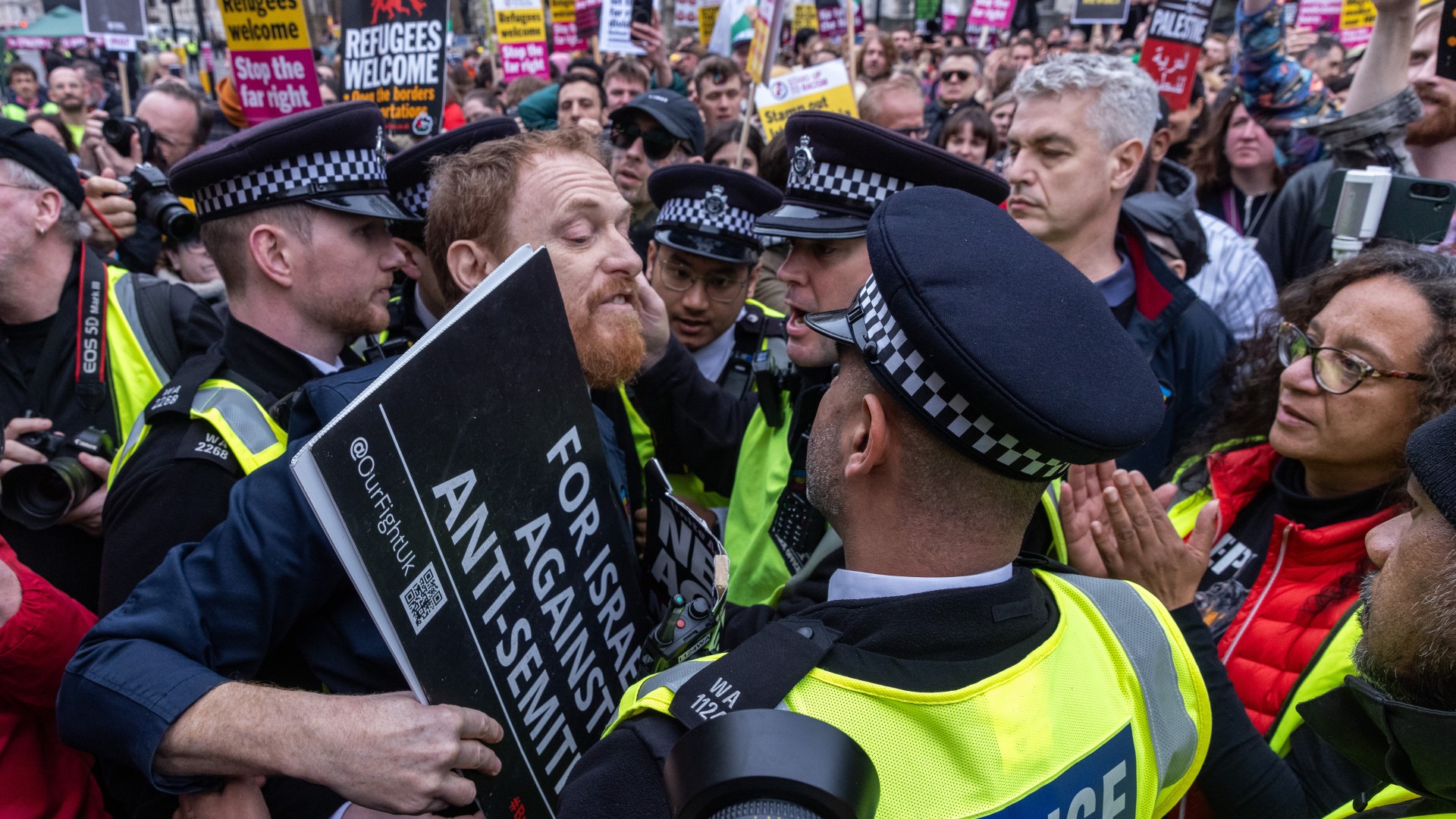 Scotland Yard, Gaza and the politics of policing protests
Scotland Yard, Gaza and the politics of policing protestsTalking Point Met Police accused of 'two-tier policing' by former home secretary as new footage emerges of latest flashpoint